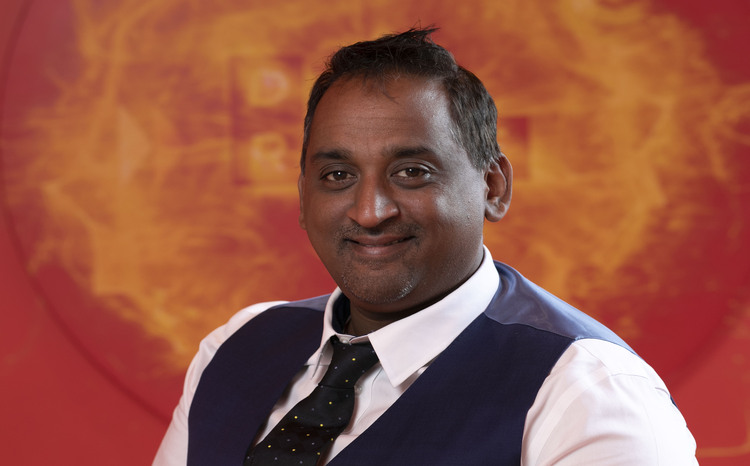Dr Shankar Sridharan, chief clinical information officer at Great Ormond Street Hospital for Children Foundation Trust (Credit: GOSH)
Great Ormond Street Hospital for Children (GOSH) will roll out AI-scribe technology across outpatient settings this autumn, following a major NHS trial which demonstrated “transformative” benefits for patients and clinicians.
The NHS England sponsored study, led by GOSH, was conducted across nine NHS sites in London to assess the impact of TORTUS, which uses ambient voice technology to transcribe consultations and draft summarised clinical notes for clinicians to review.
Between June 2024 and February 2025, more than 17,000 patient encounters were evaluated across sites including hospitals, GP practices, mental health services and ambulance teams.
The study found that AI-scribing technology can reduce clinician workload while improving patient care, with potential to unlock £834 million a year if rolled out nationally.
Dr Shankar Sridharan, chief clinical information officer at GOSH NHS Foundation Trust, said: “This trial is significant as it shows the NHS can lead the way in safely adopting AI.
“Innovation can’t happen in isolation and by working collaboratively to test this technology across London – from hospitals to ambulances – we’ve proven it can work at scale and make a real difference for both patients and clinicians.”
Results of the study showed a 23.5% increase in direct patient interaction time during appointments, alongside an 8.2% reduction in overall appointment length when AI-scribes were used.
Findings from A&E, tested at St George’s University Hospital, showed a 13.4% increase in patients seen per shift and time taken to complete the initial patient note halved.
Dr Ahmed Mahdi, consultant in emergency medicine for St George’s University Hospital, said: “In such a fast-paced, high-pressured environment, every second counts – and this technology allows us to be more efficient, cut down on admin, and ultimately focus on patient care.
“Better use of technology is central to the future of the NHS, and it’s exciting to be at the forefront of an innovative pilot that’s truly reshaping how we deliver care.”
Clinicians described the AI-scribing tool as “transformative” with particular benefits for neurodivergent staff and those working in high-pressure environments, with a 35% reduction in clinicians feeling overwhelmed by notetaking.
Patients and families also responded positively, with 92% consenting to AI-scribes use and many noting better engagement during consultations.
Dr Vin Diwakar, clinical transformation director at NHSE, said: “Allowing clinicians to spend nearly 25% more of their time interacting with patients and less time typing into a computer improves patient care and reduces the burden of administrative tasks.
“We’re striving to bring the benefits of innovations like this to the frontline so we can transform healthcare for patients as part of the 10 year health plan.”
Economic modelling undertaken by York Health Economics Consortium found that if one additional patient was seen per shift per clinician, this equates to £270.93 added capacity per day.
Scaling nationally (11,055 A&E clinicians in England), AI-scribe use could yield 9,259 extra A&E consultations each day, saving £176 million in documentation time and unlocking an additional £658 million in capacity annually.
The trial’s findings have informed NHSE’s national guidance on AI-enabled scribing and the creation of the NHS T.E.S.T. Framework, a national model for evaluating AI technologies in healthcare.

